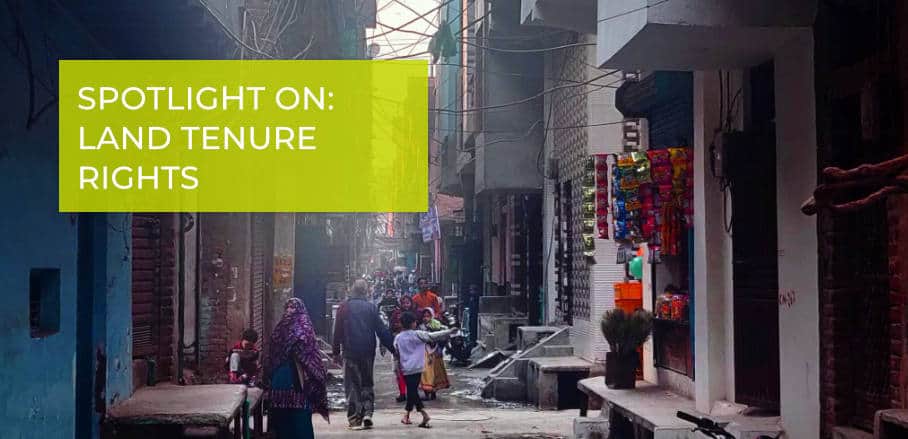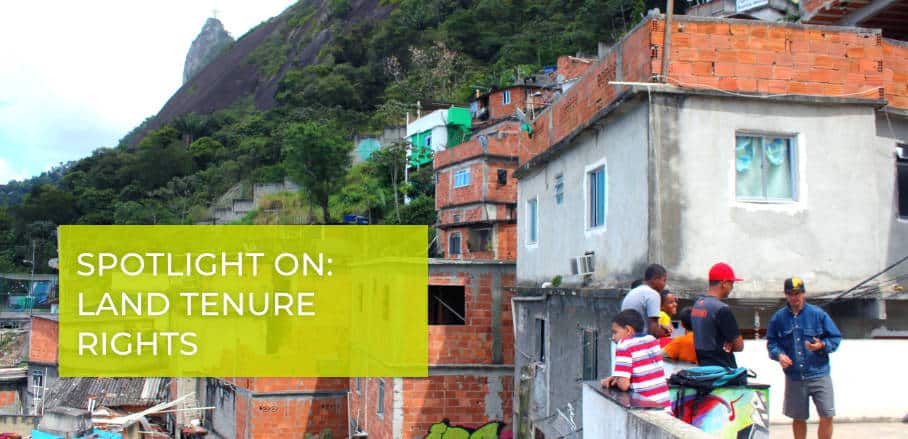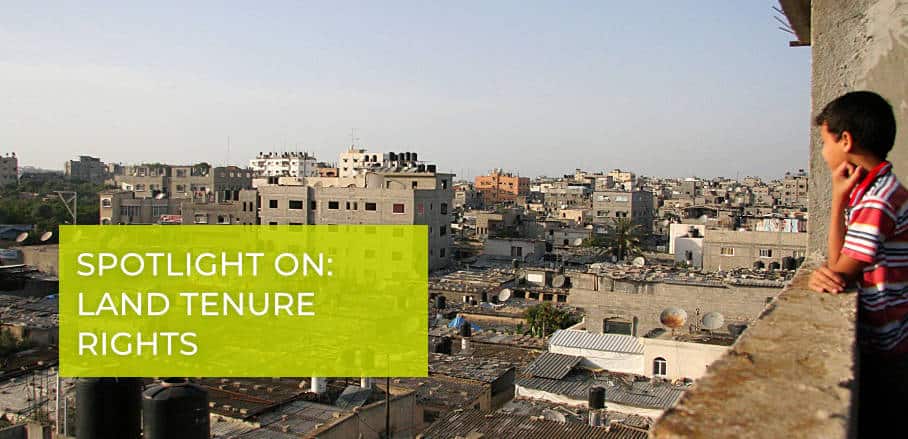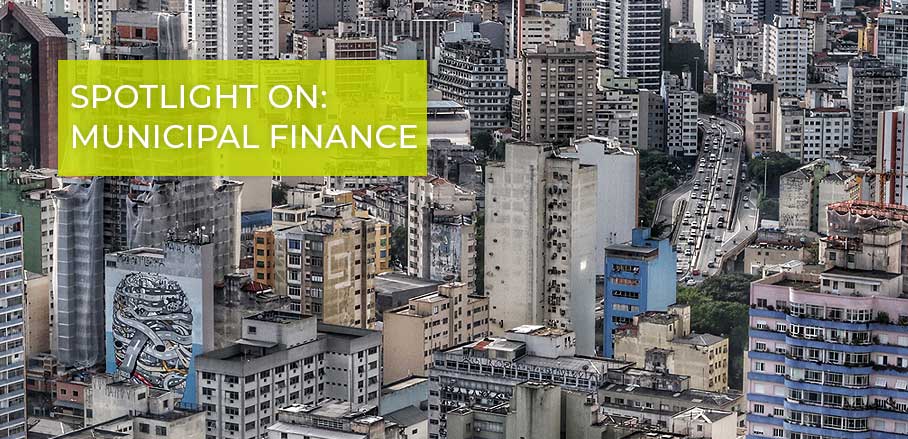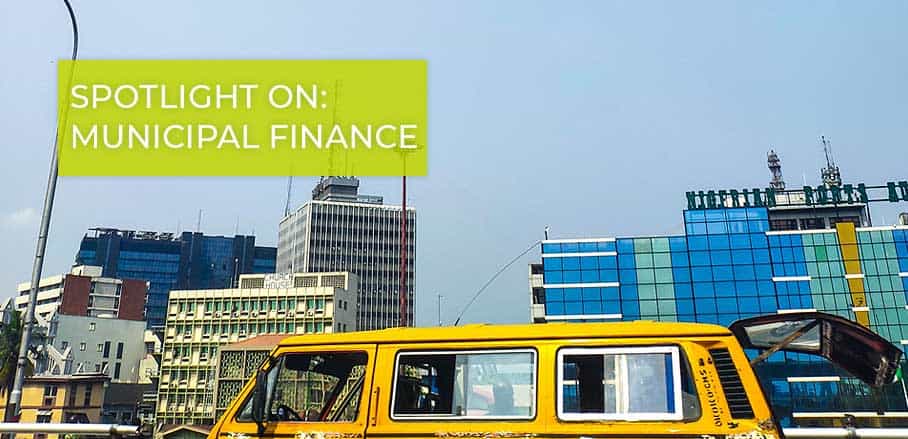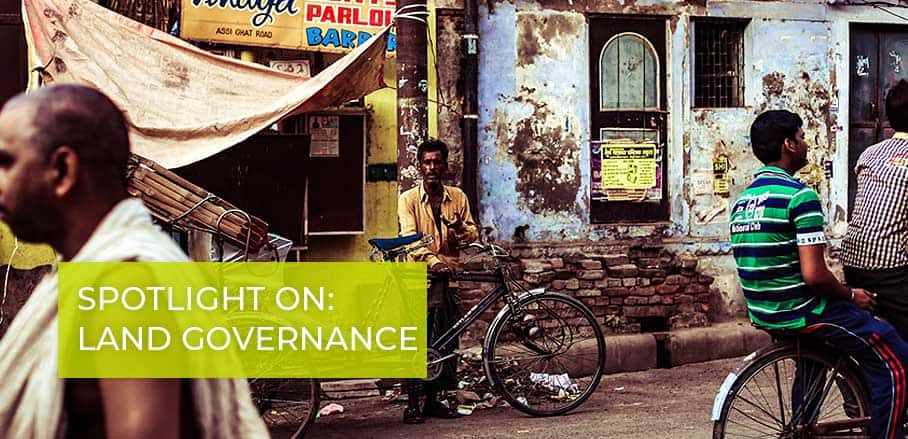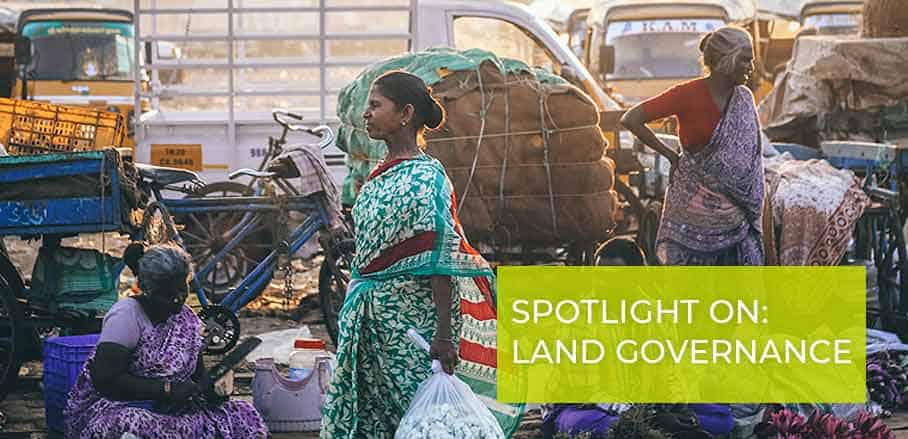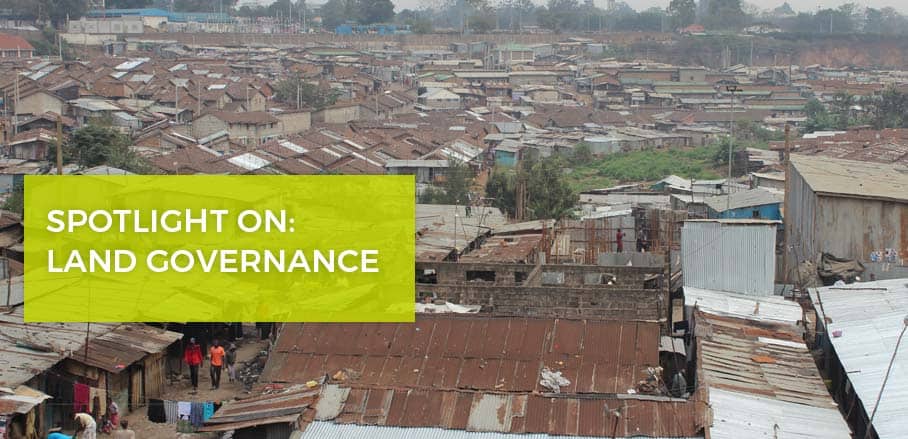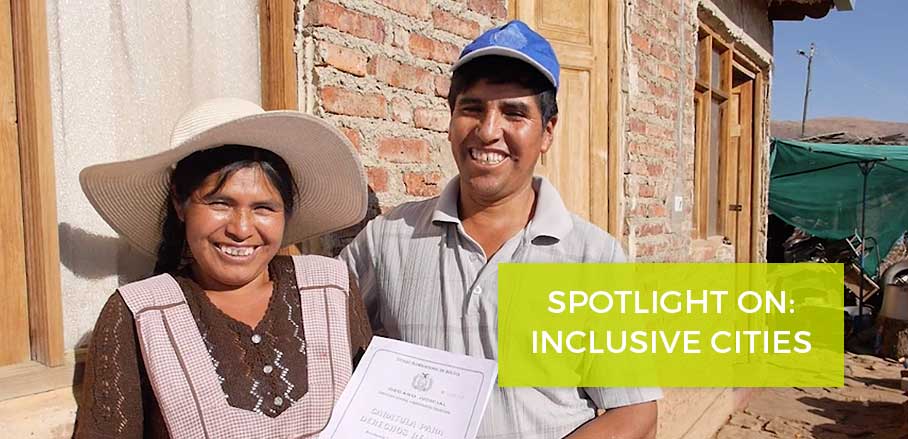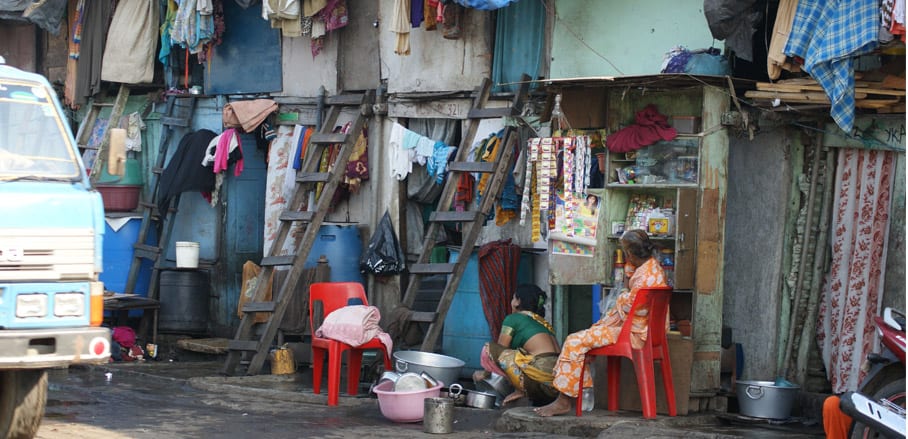Land Value Capture: Creating the Financial Means for Affordable Cities
Creating liveable, affordable cities requires significant public investments. How to finance them? The answer may lie in land value capture. This financing tool allows municipalities to recover the land value gains that result from public action such as zoning changes or investment in public infrastructure, to invest them back into the city. Sena Segbedzi, OECD Champion Mayors for Inclusive Growth Initiative, shares stories of success from all over the world.


